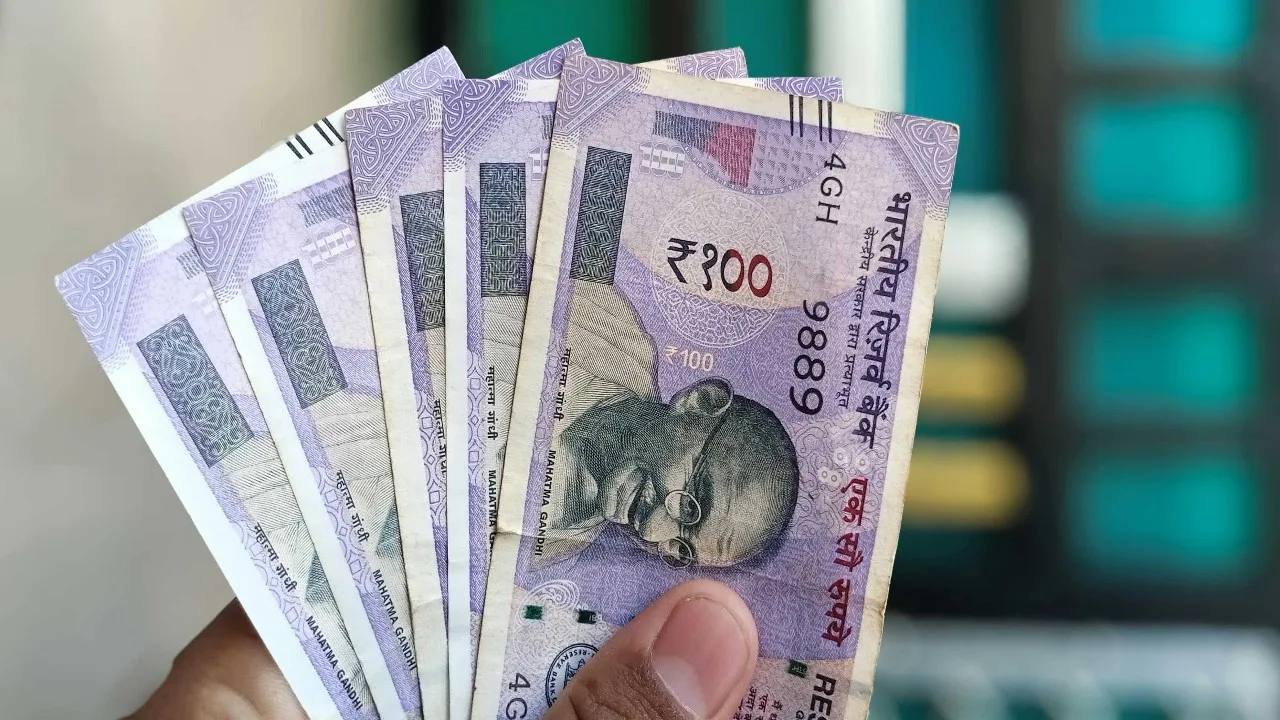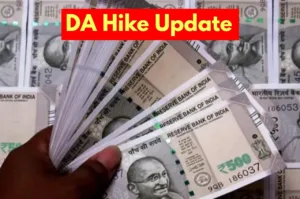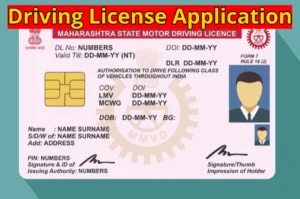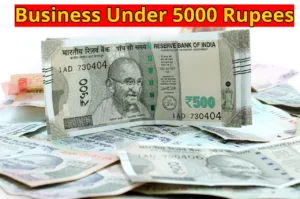Major news for central government employees. Since the Modi administration announced the establishment of the 8th Pay Commission, approximately 36.57 lakh government employees and 33.91 lakh pensioners are eagerly anticipating a significant boost in their salaries and pensions once the commission is put into effect. However, there are numerous individuals classified as government employees who will not benefit from this pay commission.
This means that while many employees will see their salaries rise after the 8th Pay Commission is implemented, those working in certain departments will not receive any increase at all. Let’s delve into which departments are affected.
Expected Salary Increases with the 8th Pay Commission
The salary adjustments for government employees under the 8th Pay Commission will primarily depend on the fitment factor and various allowances. Media reports suggest that the fitment factor could range from 1.92 to 2.86. To illustrate, if an employee’s current basic salary is Rs 20,000 and the fitment factor is 2.86, their new salary would be calculated as 20,000 × 2.86 = Rs 57,200. Additionally, under the 7th Pay Commission, the minimum basic salary is currently Rs 18,000, which could potentially rise to Rs 51,480 if the fitment factor of 2.86 is applied.
Who Will Not Benefit from the 8th Pay Commission
When a pay commission is enacted, it initially applies to central government employees. Subsequently, state governments adopt it for their own employees. However, this pay commission does not extend to judges of the High Court and Supreme Court, employees of Public Sector Undertakings (PSUs), or those working for autonomous bodies. These groups are governed by different salary and allowance regulations that do not fall under the purview of the pay commission.
When is the 8th pay commission expected to roll out?
By looking at the timelines of past pay commissions, we can make an educated guess about when the 8th Pay Commission might be put into action. The 6th Pay Commission was set up in 2005 and its recommendations took effect in 2006. Similarly, the 7th Pay Commission was established in February 2014, with its recommendations starting on January 1, 2016.
The 8th Pay Commission was announced in January 2025, and it’s slated to be implemented from January 1, 2026. However, experts warn that there could be delays in its rollout since the terms of reference and budget do not currently allocate funds for it.












